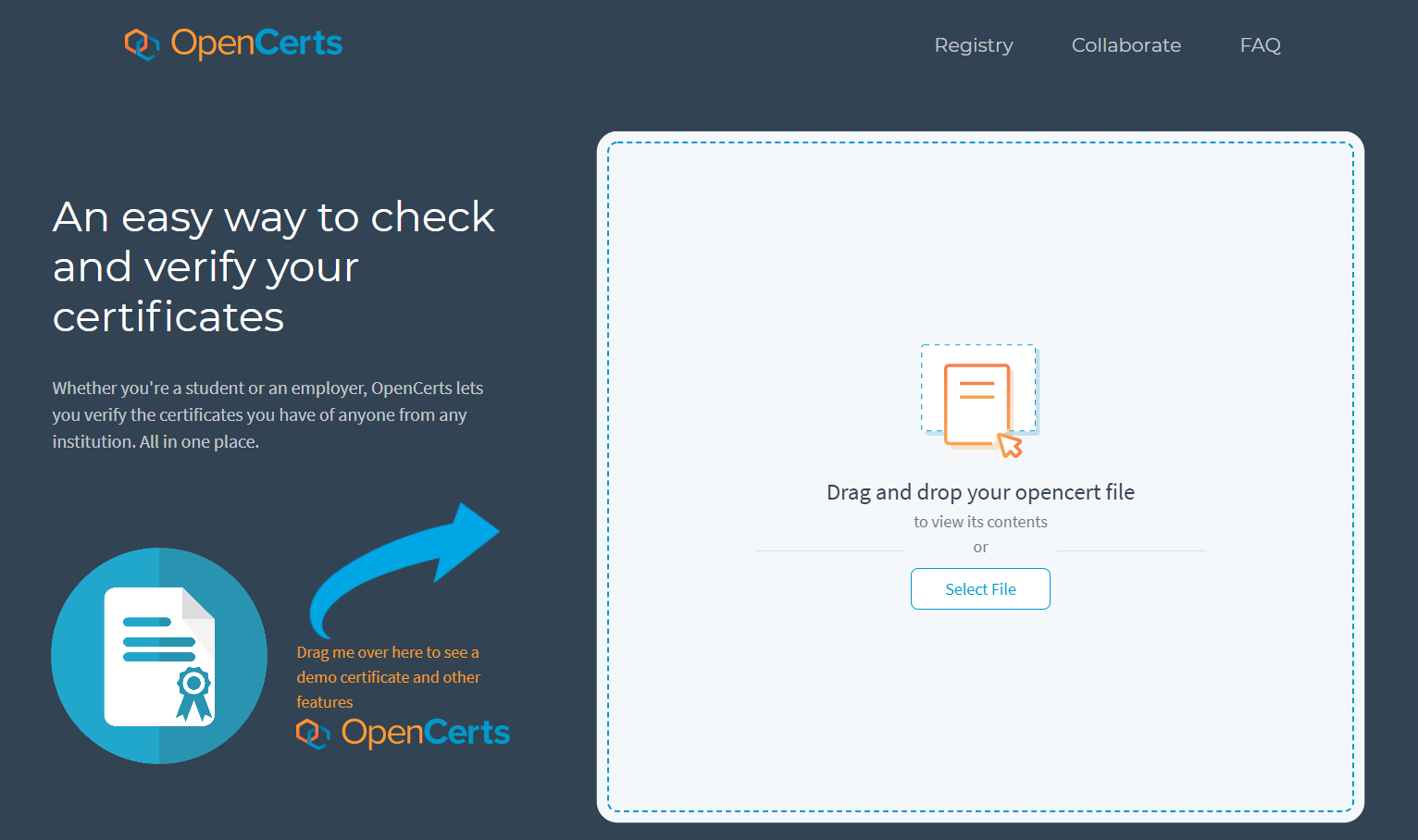Losing your educational certificates is now a thing of the past
Have you ever searched high and low for your certificate, Diploma, or University degree, only to find out that your mom ‘Marie Kondo-ed’ your room and misplaced that precious scroll? We get you! For us 80s and 90s kids, the case of the missing certifications is a real thing.

Well, you can now say ‘sayonara’ to that activity.
If you haven’t heard, you can now access your GCE O, N and A level results via the SingPass Mobile app.
A project between SkillsFuture Singapore, the Ministry of Education, and GovTech called OpenCerts uses blockchain (yes, blockchain is not just limited to cryptocurrency) to issue verifiable certifications.
Okay, but apart from not arguing with your mom about a lost cert, what are the advantages?
Well, plenty! But let’s not get ahead of ourselves.
To understand the advantages, we must first start at the very beginning. Which brings us to…
How does it work now?
At present, schools rely on scattered databases to verify diplomas and other certifications. This process is both messy and time-consuming! Case in point - Ngee Ann Polytechnic issues 10,000 physical certificates every year – each of these certificates are printed, and manually stamped! In addition, the school also receives 2,000 requests annually for verification from both employers and universities. Put the two together, and you get tedious manual labour which takes up precious time and resources.
Okay, but how will blockchain make things better?
Well to understand this, you must first understand what blockchain is.
Perhaps this is best explained as an open-source, decentralised database (we use databases to help you understand, but the correct term is ledger) that many users have access to.
With blockchain, many users have full visibility over all transactions that happen in the database. In theory, this makes blockchain a very open and transparent system.
This is opposed to, say, a traditional centralised database that only one organisation (for example, a government agency) has access to.
This is an extremely simplistic explanation; for something more meaty, read here!
Okay, for real this time, how will blockchain make things better?
OpenCerts will include a wide range of digital certificates, including stuff like your N, O, and A Levels, ITE qualifications, diploma and degree qualifications from polytechnics, LASALLE College of the Arts (LASALLE), Nanyang Academy of Fine Arts (NAFA), Autonomous Universities (AUs) and the National Institute of Early Childhood Development (NIEC), as well as Singapore Workforce Skills Qualifications (WSQ) digital certificates.
Leveraging the power of blockchain, students in the future could use certifications on OpenCerts to apply for jobs and tertiary institutions.
In turn, having all the certs on OpenCerts will allow entities such as employers and universities to verify certifications way faster than it will in a traditional paper check – Simply drag and drop a certificate file on the OpenCerts website; for the HR professionals, companies can integrate OpenCerts verification into their existing HR systems through the API endpoints, making verification that much simpler!
This has several benefits over the current system:
Lower maintenance, manpower costs. As mentioned, schools expend precious resources chasing down certs for verification. There are some savings (and eco-friendly benefits) in issuing certs that are not printed as well.
Verification and security. Using something called a ‘cryptographic hash’, blockchain can timestamp certs to make sure they remain unchanged – this makes it easy for any discrepancies to be easily spotted, and those who try to forge certificates or degrees from Singaporean institutions will also be found out pretty quickly.
Speed. The current verification process is a manual one that can take days. With OpenCerts, this will be reduced to a matter of seconds! Neato!
At GovTech, we are currently revamping the way we issue Certificate of Achievements to our interns. Gone are the days where interns only had a hard copy or PDF version of their certificate. Beyond just a simple certificate, it can also include testimonials from their supervisors. If you are interested to issue a document for your organisation, do check out our documentation for a step by step walkthrough on the process.
First digital certs – what’s next?
It might seem awfully cutting-edge to issue certs via blockchain in 2020, but as the technology becomes more prevalent, who knows what other interesting applications there will be in say, 5-10 years?
After all, the use cases of transparent, verifiable blocks of data are endless.
https://www.tech.gov.sg/media/technews/losing-your-educationa-certs-a-thing-of-the-past
